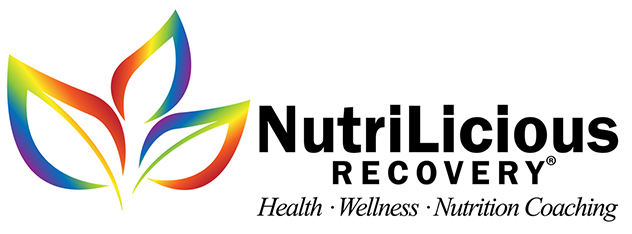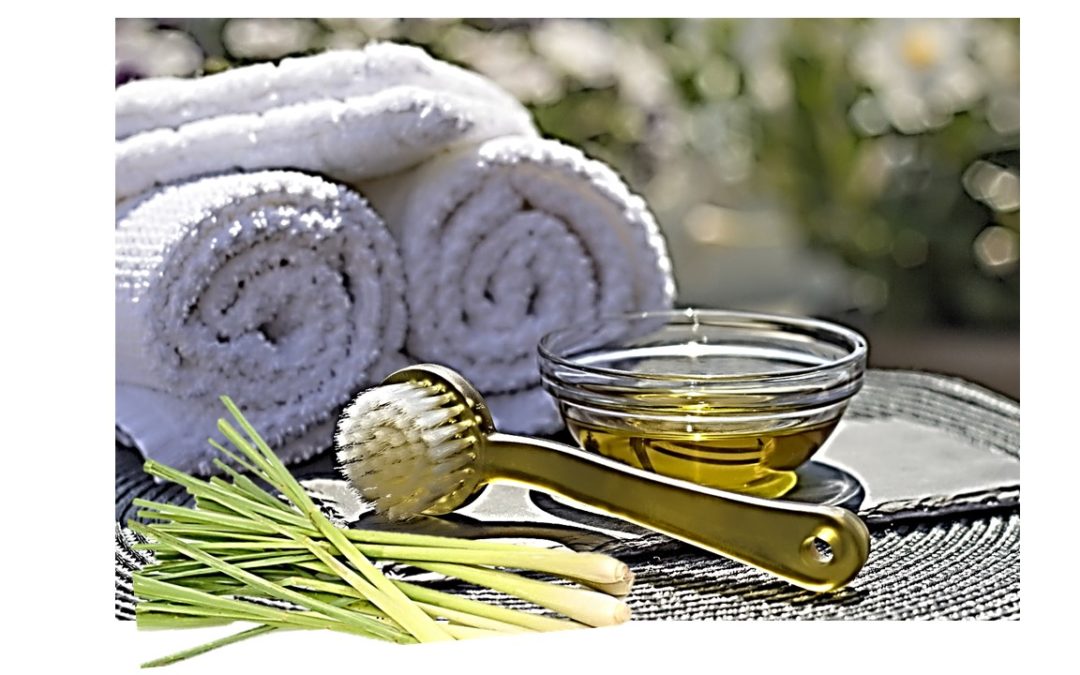By Christina DeBusk @ Healthline.com
What is Lemongrass?
Lemongrass is “a grassy perennial native to tropical and subtropical environments,” according to healthline.com. Once it is harvested, it is added to some Asian-inspired food dishes and certain medicines. You may also find it in personal hygiene products such as deodorant, perfume, body oil—and massage cream. A standout feature of lemongrass is its pleasant, citrusy scent.
Lemongrass is sold in health food stores and at farmers’ markets, and it can also be grown at home. That makes this perennial readily accessible, whether you choose to use it on a personal or professional basis, or both.
Lemongrass and Massage Therapy
When speaking of lemongrass in relation to massage therapy, clinical nutrition specialist Scott Schreiber, D.C., says it has many valuable uses. They include “muscle relaxing, helping with muscle cramps and fighting fatigue.” He also says it is a protective agent for both the therapist and the client, helping to keep skin infections from passing from one to the other.
Darshi Shah, a nutritional therapist and health coach, agrees and further explains that lemongrass can be very beneficial to clients who are struggling with “stress, anxiety and insomnia.” Additionally, if the client is dealing with some type of sprain, injury, or back pain, its muscle relieving properties can often help ease the discomfort.
Self-Care with Lemongrass
Lemongrass has practical self-care uses, too. Lemongrass is well-recognized for its antibacterial properties, which Schrieber says “are due to the citral and limonene components” found within it. These two substances provide lemongrass citrusy aroma, and also help prevent and address various infections “such as ringworm, athlete’s foot, or other types of fungus.”
One study published in the Asian Pacific Journal of Tropical Medicine found that lemongrass was such a powerful antibacterial agent that it was deemed “effective against drug resistant organisms,” and research published in the Journal of Applied Microbiology found it is an effective microbial against certain types of salmonella.
Shah says ingested lemongrass can also provide benefits for those who have been diagnosed with Type 2 diabetes, inflammatory bowel disease, and other gut disorders, thanks largely to its anti-inflammatory and immune-boosting properties.
Lemongrass in Practice
Michelle Vargas, L.M.T., owner of The Welltree in Rhinebeck, New York, uses lemongrass in her creams and oils for “clients who feel achy, unwell or in pain [as it helps the pain] subside rather quickly.”
Vargas says her clients benefit from lemongrass “when the winter blues creep up,” because it helps ease depression and anxiety.
Tony Burris, L.Ac., an acupuncturist at Eagle Acupuncture in Eagle, Idaho, is a 20-year practitioner of traditional Chinese medicine, which includes offering his clients tui na massage therapy. He’s used lemongrass and other essential and medicinal oils to help “injured athletes and chronic pain sufferers discover … long-lasting or even permanent relief.”
Some of his clients include members of the San Diego Chargers, Washington Redskins, Denver Broncos, Chicago Bears, Detroit Lions and Seattle Mariners, as well as Olympic medalists.
Adding lemongrass creams and oils can provide benefits to therapists and clients alike, making it a great complement to your current massage therapy products and services.



